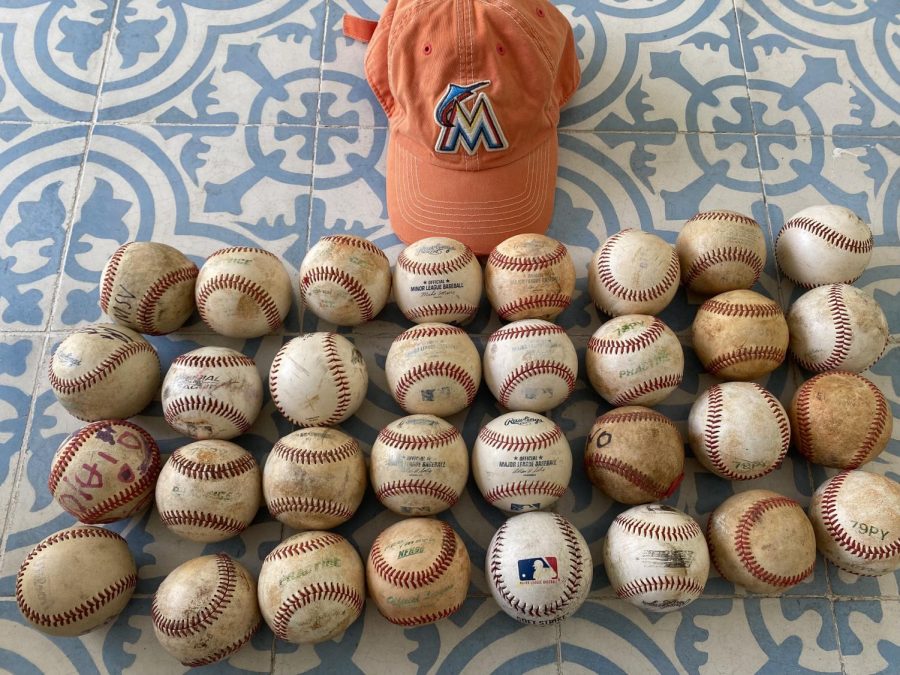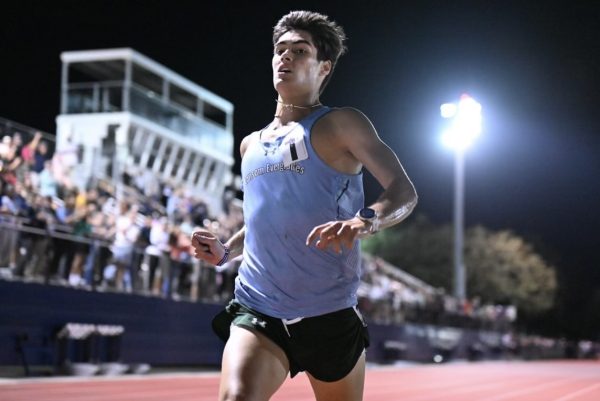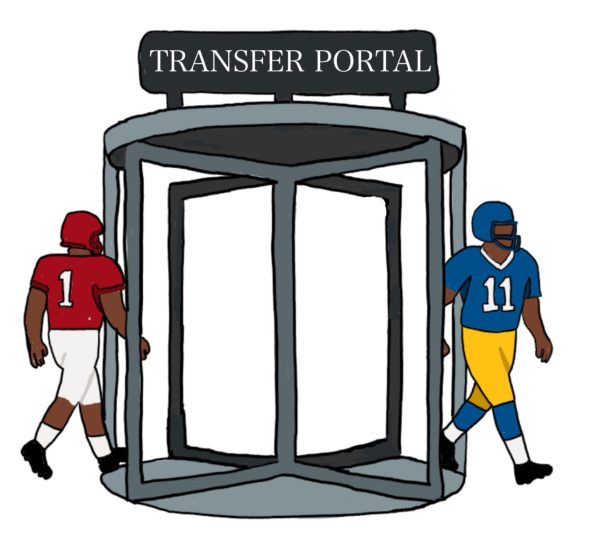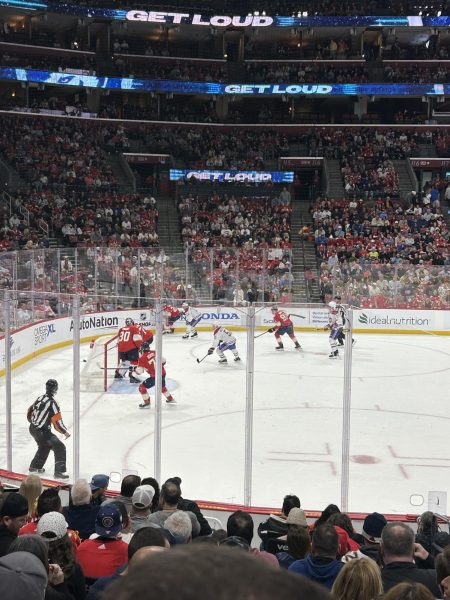Will the Marlins ever start mattering again?
For South Florida baseball fans, the Marlins are sometimes a source of pride but more often a source of anger and disappointment.
This past October, the Miami Marlins appeared in the MLB postseason for the third time in franchise history. The previous two times the Marlins clinched a playoff berth, in 1997 and 2003, they went on to win the World Series. The seventeen-year playoff hiatus ended, but the Marlins playoff run stopped short when the Atlanta Braves swept the Marlins in the division series.
Marlins baseball has never fully taken off with fans. The early success of the team was followed by poor management, and over the years, disappointing performances on the baseball diamond have soured many fans’ opinions on the franchise. The 2020 playoff berth shows that the Marlins are finding their way back to prominence in MLB. If their success continues, perhaps they will once again rise to prominence with South Florida baseball fans as well.
Once upon a time, the Miami sports world belonged to the Miami Dolphins. They were the first sports team in South Florida, and they captured the attention of South Florida sports fans early, especially after becoming the first and only NFL team to have an undefeated season in 1972. Living in the shadow of the Dolphins, the Marlins struggled to capture the same amount of attention after they were established in 1991 and took to the baseball diamond for the first time in 1993.
All that changed in 1997, when the Marlins won their first World Series, capturing the attention of South Florida sports fans. At the time, they were the first expansion team to win a World Series in six years. Joe Robbie Stadium (currently Hard Rock Stadium) was packed with fans excited at the prospect of a successful baseball team in South Florida.
This idea of prolonging this successful run, however, was cut short. After the 1997 MLB season, the Marlins’ management traded away most players to cut costs. Six years later, the Marlins got back to the World Series and won, but once again, ownership cut expenses. Players were slowly let go, and the Marlins’ second World Series team was picked apart. Fans felt betrayed and began to abandon the franchise with broken hearts.
“Growing up, I was always a Marlins fan,” said Billy Gil, a producer for the Dan Le Batard Show with Stugotz on ESPN Radio. “But at the time it was Dolphins town. The Dolphins were always the big thing until the (Miami Heat’s) Big Three.”
Gil loves the Marlins, but felt betrayed by the baseball club just like many other baseball fans in South Florida. He believes the Marlins have a chance to be great in Miami, but the decisions of the club after the World Series wins in 1997 and 2003 destroyed the hype and support surrounding the team.
“So the first [team selloff] was in ‘97, and that one hurt,” Gil noted. “I was a kid at the time right, probably like 10, so I grew up watching this team since I was five. They won the World Series fast. At the time it was the fastest team to win a championship. It was awful because I loved the team. I thought going to be this great, dominant team, but before the celebration parade even began fans knew that the team was going to be broken up.”
Any lingering support that was left after 1997 was washed away when the Marlins broke apart their 2003 winning World Series team. “In 2003, the Marlins won the World Series again and they tried to keep the team together for a couple of years, but it eventually all fell apart in 2006,” Gil said. “The Marlins [always] seemed to be a couple of pieces away; they either added the wrong pieces and gave up, or money became an issue, and they ended up tearing the team apart. If they would have kept [the 2006 team] together I think that would have been the better of the two shots at building something that fans would come for.”
“They sold out the World Series, and 67,000 people were at those games,” Gil reminisced. “So, if they had come back as the defending champion started the season and got on a run, it would have been fun and interesting to see what baseball could have been in Miami. But so many people were betrayed by that first one.”
Jake Martin ‘21, the ace in the Raiders Varsity Baseball team’s pitching rotation, in addition to being a first baseman, noted the changes he has seen in support for the Marlins as well. “I remember as a kid, going to games, there would be packed crowds,” Martin said. “Now, with them being so uncompetitive every year, fans’ [excitement] levels have decreased, and I just feel like it’s not a real major league game atmosphere.”
With the introduction of Marlins Park in 2012, the franchise promised to field a competitive team and to create a fun atmosphere to reclaim the hearts of South Florida baseball fans.
However, this did not really occur, and Gil was doubtful that the Marlins could ever regain the ground they lost. “It was hard selling tickets, and they knew when the [Heat’s] Big Three was going on it was going to be a problem for them,” Gil said.
“It’s never really been a baseball town,” Gil noted. “Which is always like the sport that I grew up watching and love the most.” The failures of the Marlins organization have not helped baseball’s image in South Florida.
For Martin, although support for the Marlins has fluctuated over time, Miami baseball culture remains alive and well—whether or not it’s focused on our home team. “I think baseball has been important to Miami for a long time, and it permeates through our community strongly,” Martin said.
Gil remains less optimistic. “I’m hoping that if this team keeps going and they build on what they’re doing, fans might buy in and say, ‘You know what? This is a team that can be trusted.’ We’ll see what happens when the players start making money: will they keep the team together or will they break it apart again?”







